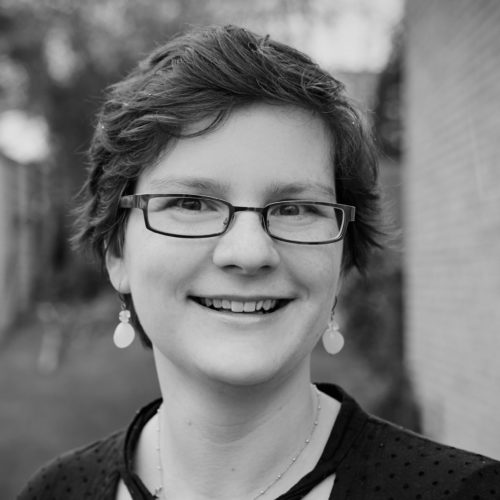PhD Project
Mathematical and computational modeling has become a central knowledge practice in scientific knowledge production across the disciplines. Especially environmental modeling of the climate and the earth system has gained a certain political attention. My PhD-project takes the modeling of human-environment processes in the environmental sciences as an object of ethnographic inquiry. The central research question is: How are human-environment- relations understood, conceptualized and done in modeling? I will conduct ethnographic fieldwork with working groups of modelers who follow very different approaches in modeling these dynamics, e.g. social-ecological systems, in earth systems modelling, as complex adaptive systems, with dynamical systems and equations or with agent based models.
The aims of this project are disciplinary as well as interdisciplinary. From a perspective in anthropological Science and Technology Studies, I am interested in understanding the ontological assumptions and practices in modeling human agency, collectivity, environmental dynamics, complexity, the social etc. and how these produce frictions with concepts in anthropology.
Concerning interdisciplinarity, I am interested in
(1) how the working groups practice interdisciplinarity,
(2) how translation and communication between modeling and anthropological methods concerning their respective boundaries and benefits might be enhanced and
(3) the comparison of the cases aims at operationalizing the notion of “situated knowledges” in order to support our development of a framework of “Situated Modeling” IRI THESys.
The project is funded by the Deutsche Forschungsgemeinschaft (DFG) from June 1st, 2022 until May 31st, 2025. For further information, please visit the DFG website.
Output
Klein, Anja; Unverzagt, Krystin; Alba, Rossella; Donges, Jonathan; Hertz, Tilman; Krueger, Tobias et al. (2024): From situated knowledges to situated modelling: a relational framework for simulation modelling. In: Ecosystems and People. DOI: 10.1080/26395916.2024.2361706.



